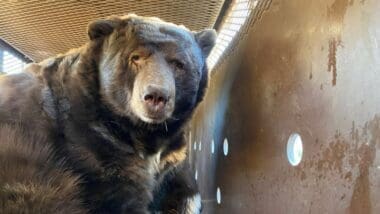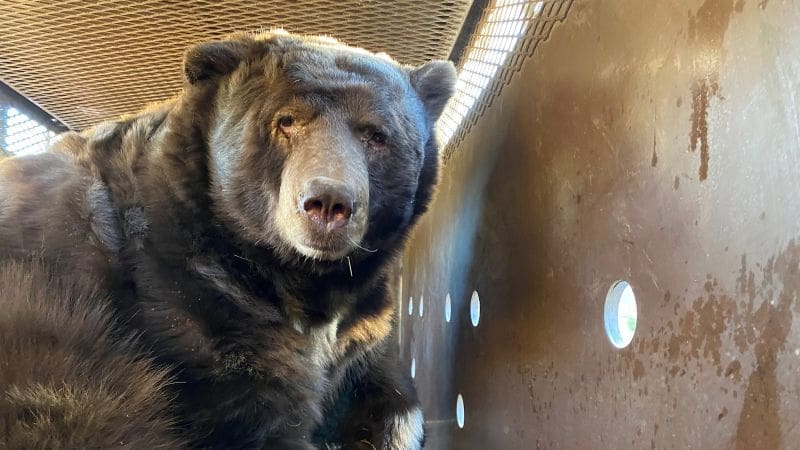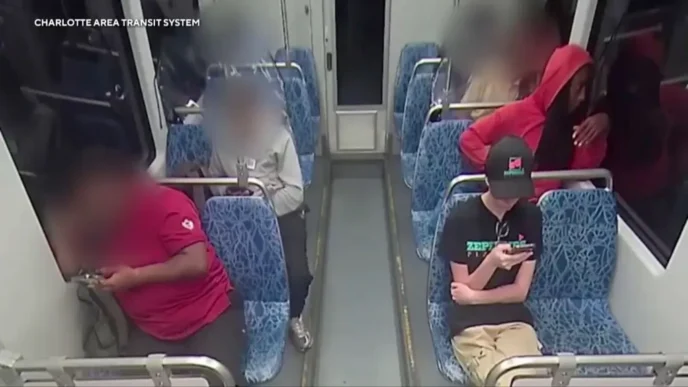The Los Angeles-area wildfires had forced many residents, including Arbid, to evacuate. However, upon his return, Arbid discovered that a massive bear, later identified as ‘Barry’ by local residents, had taken refuge under his home. The Eaton Fire, which scorched over 14,000 acres, ranks among California’s most destructive wildfires, according to state forestry officials.
Despite the devastation above, Barry managed to survive the fire by hiding under Arbid’s house. Arbid described Barry as a generally mellow creature who had been seen in the neighborhood on multiple occasions. His unexpected choice of shelter left the Arbid family initially confused, as noises initially assumed to be from a smaller animal turned out to be the bear’s residence. After hearing peculiar sounds, the Arbids used a camera to discover Barry under their home, which was quite a revelation.
The situation presented unique challenges for both the Arbids and wildlife officials. Local gas and oil company SoCalGas refused service until the bear was removed from the crawl space, halting restoration efforts on the family’s power supply. Consequently, the California Department of Fish and Wildlife (CDFW) was tasked with the safe removal of Barry. Concerns about Barry’s behavior during the extraction were paramount, given the confined space under the house and the bear’s significant size.
Wildlife biologist Kevin Howells and an eight-member team worked for nearly 24 hours to coax Barry out of his makeshift den, opting against anesthesia due to the potential risks associated with the bear’s size. Instead, the team employed unconventional tactics, including the use of a rotisserie chicken, to lure Barry out.
Once out, Barry was secured in a bear trap and transported to the Angeles National Forest. Prior to his release, Barry underwent a welfare check and was fitted with a GPS collar to monitor his movements, ensuring his safety and that of local residents.
The remarkable story of Barry the bear highlights the unpredictable nature of wildlife behavior, especially in the aftermath of natural disasters. The successful relocation of Barry not only restored normalcy for the Arbid family but also underscored the vital role of coordinated wildlife management efforts in such unique situations.














